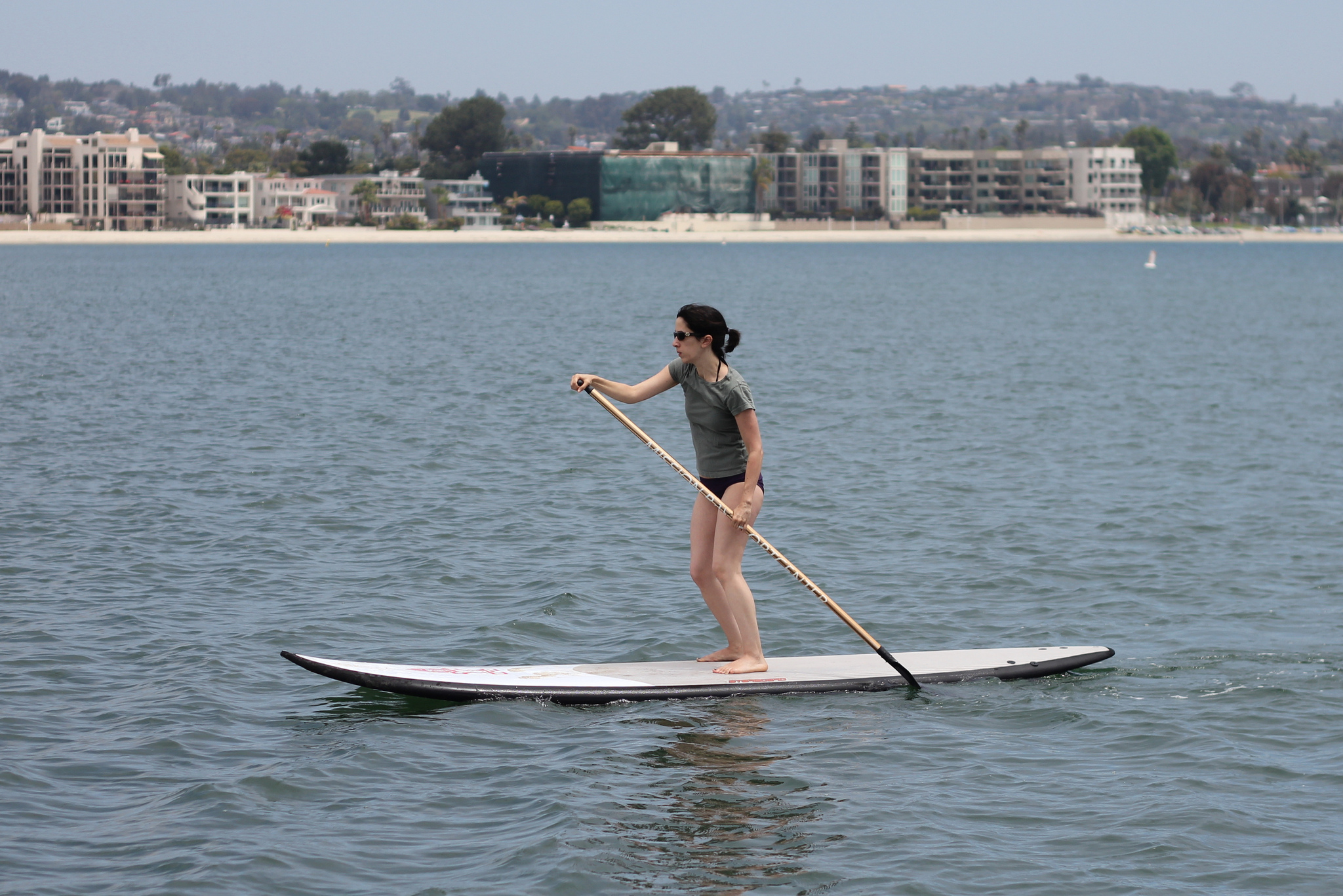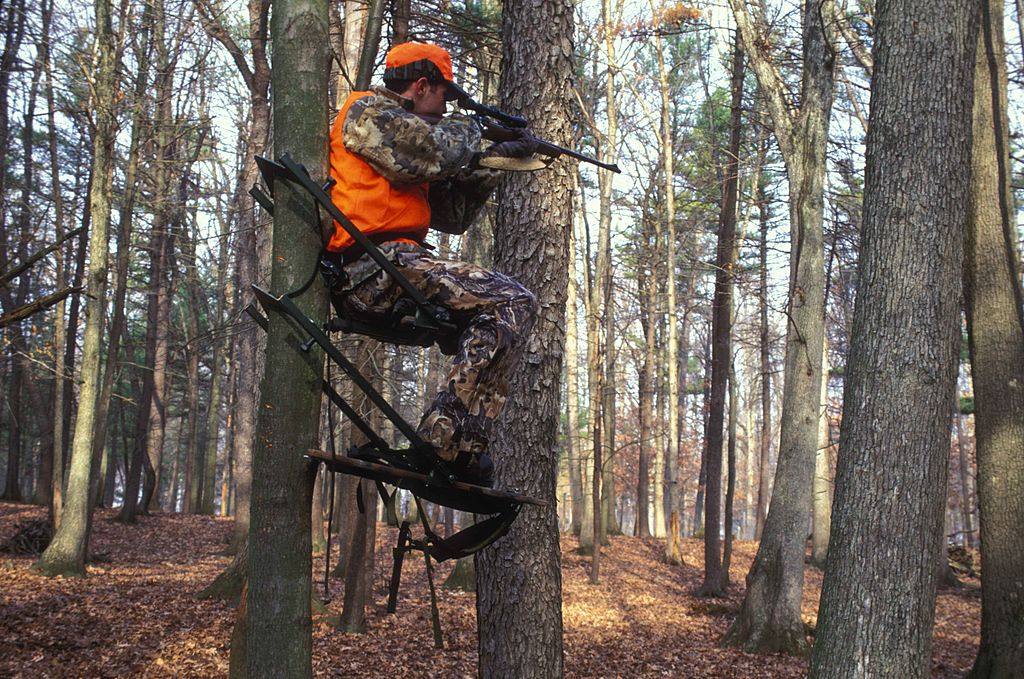Photo by CC user olegshpyrko on Flickr
As warmer temperatures descend across much of the nation, spring will soon turn to summer.
In doing so, that means many Americans will be looking to cool off in whatever way best suits them.
That said will you get wet this summer and stay safe at the same time?
What Will You Take into the Water?
With many people wanting to take a dip or two in the water (likely many more times than that) this summer, doing it with the right gear, safely, and having fun are all important.
In order to do that, keep these pointers in mind:
- Gear – Having the right gear for your trips into the water (short of just going in for a quick swim) means taking the time to make the right purchases. If you’re into scuba diving, having the right swimwear, mask, tank and more are all important. You don’t have to spend countless dollars (you can rent gear), but don’t buy cheap items either, items that could ultimately impact your safety. If you’re more suited for paddle boarding, you can do a review of Bestway SUP for starters. Such an inflatable SUP can deliver a fantastic paddle boarding experience, not to mention easily pack up when you have to get back in your vehicle. One might also be surfing to bring down the outside air temperature. While some surfers opt for really longboards, others will be quite content with shorter varieties. No matter your choice of gear and relaxation in the water, be sure to respect the rights of others and always make safety (see more below) your top focus;
- Safety – Making sure you and those with you return home safely with each and every water outing is the biggest priority. One can do that by observing a few commonsense tactics. First, never go in the water if you are feeling ill. While you may be under the weather naturally, this also means not going in if you have had one too many drinks. Also avoid going in the water if you feel the least bit dehydrated. For example, a dehydrated swimmer could start to cramp up, making it harder for him or her to make it back to land. Finally, always make sure to avoid entering the water if you have just recently taken any medication. It is also important if you have little ones with you to keep them in sight at all times. Unfortunately, too many water-related accidents over the years have led to either serious injuries or even fatalities. Unlike adults, children have a different perception of just how deep the water can be in the ocean, rivers, lakes, pools etc. Also make sure you respect the water rights of others. Whether you are surfing, fishing, swimming, paddle boarding, kayaking or a host of other water-related activities, you will likely be joined by dozens and dozens of others. Respecting their space makes for a safer environment for everyone around;
- Fun – Finally, isn’t summertime all about having some fun? Whether your travel plan means staying in the U.S. this summer or venturing outside the country to cool off, make sure fun is not forgotten. All too often, individuals and families tend to try and bring their work with them while on vacation. In the end, they don’t relax nearly as much as they wanted to. Be sure to make your vacation just that, a vacation. Leave the work and the studies behind, knowing you can catch up on them when you return home. For now, however, it is all about getting some relief from the real world, not to mention getting a little wet along the way. Remember, the reason you needed a vacation in the first place if your memory needs a little reminder.
Given how quickly summer tends to zoom by each and every year, make the most of yours in 2016.
With a little planning and some great weather to boot, you can have one of the best summer experiences of your life and those around you.
If this summer is calling your name to get away and enjoy it all, stop thinking about it, just do it.





